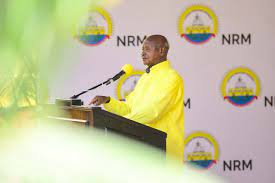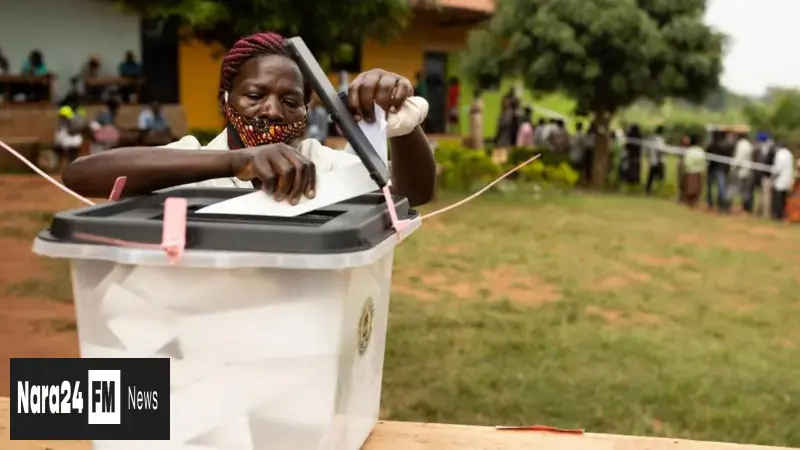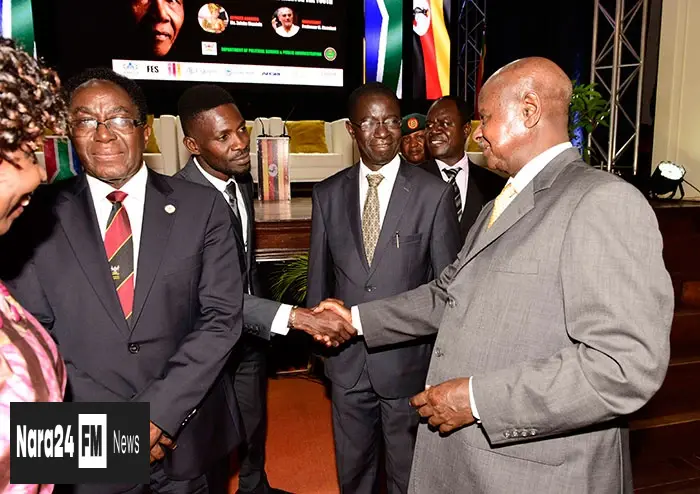As Uganda’s political landscape intensifies in the lead-up to the 2026 general elections, a surge in politicians switching party affiliations has ignited significant debate. Termed "meal card politics" by observers, this trend involves defections driven primarily by personal ambition and economic security rather than ideological alignment, raising alarms about the integrity of the democratic process.
Multiple political groups confirm swelling numbers of new members arriving from rival camps. While some view this as a sign of growing influence, others express deep apprehension about the underlying motivations. David Lewis Rubongoya, Secretary General of the opposition National Unity Platform (NUP), voiced this skepticism: "While we embrace new members, we must scrutinize intentions. Are these shifts rooted in genuine belief, or merely a quest for access to power and resources?"
"We cannot become a refuge for every political wanderer seeking comfort. We assess the substantive value individuals bring, not merely their reputation or history," stated Emmanuel Dombo, Director of Communication for the ruling National Resistance Movement (NRM).
The NRM, frequently the beneficiary of such crossovers, publicly maintains confidence in its appeal. However, internal concerns persist regarding the authenticity of new recruits' commitments. Political analyst Elias Tumwebaze identified the phenomenon as classic "meal card politics," where allegiance becomes a transactional commodity exchanged for survival and advancement. "This isn’t about serving constituents," Tumwebaze argued. "It's a calculated move targeting ministerial posts, lucrative contracts, or protection."
Experts point to internal party dynamics as a key catalyst. Dr. Gerald Karyeija, a veteran political scholar at the Uganda Management Institute, linked the defection wave to unresolved conflicts and democratic deficits within parties. "Deep-seated fractures, power battles, and inadequate internal democracy push individuals towards perceived safer harbors," Karyeija explained, adding, "The critical challenge remains distinguishing authentic conversions from opportunistic maneuvering."
Observers note a dual impact: parties boasting about defections as momentum-builders, while the abandoned factions face disruption that sometimes forces necessary organizational reforms. "When one party gains a member, another suffers a loss," Tumwebaze reflected. "Yet, if the addition lacks substance, the departure might ultimately benefit the party left behind by prompting positive change."
"Our approach must extend beyond open doors; it requires open eyes and vigilant discernment," urged NUP's Rubongoya, emphasizing the need for critical evaluation.
As Uganda accelerates towards the next electoral contest, the escalating frequency of these opportunistic migrations places fundamental democratic principles under scrutiny. Questions concerning political accountability, the erosion of voter confidence, and the very essence of a meaningful multiparty system are coming sharply into focus. The prevalence of "meal card politics" threatens to reduce political engagement to a series of transactions, where temporary loyalty overshadows steadfast principle, potentially undermining the nation's democratic foundations.








Comments (0)
Leave a Comment
Be the first to comment on this article!